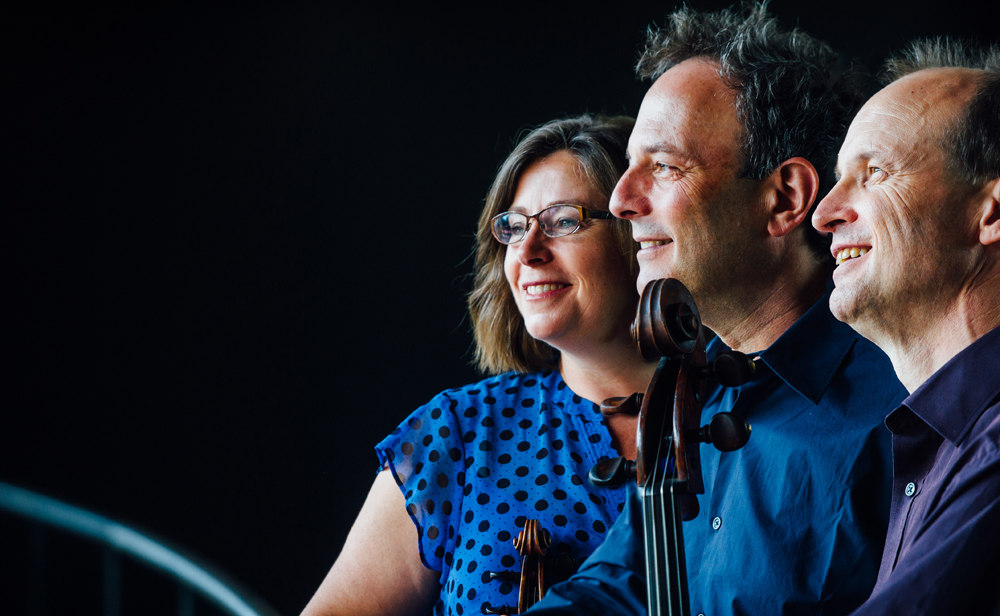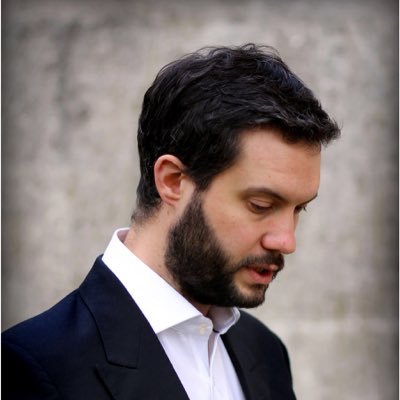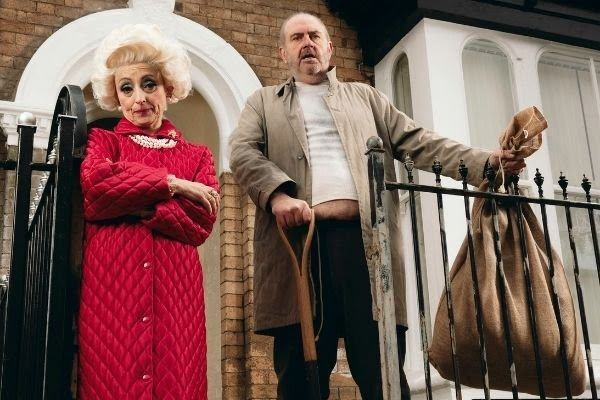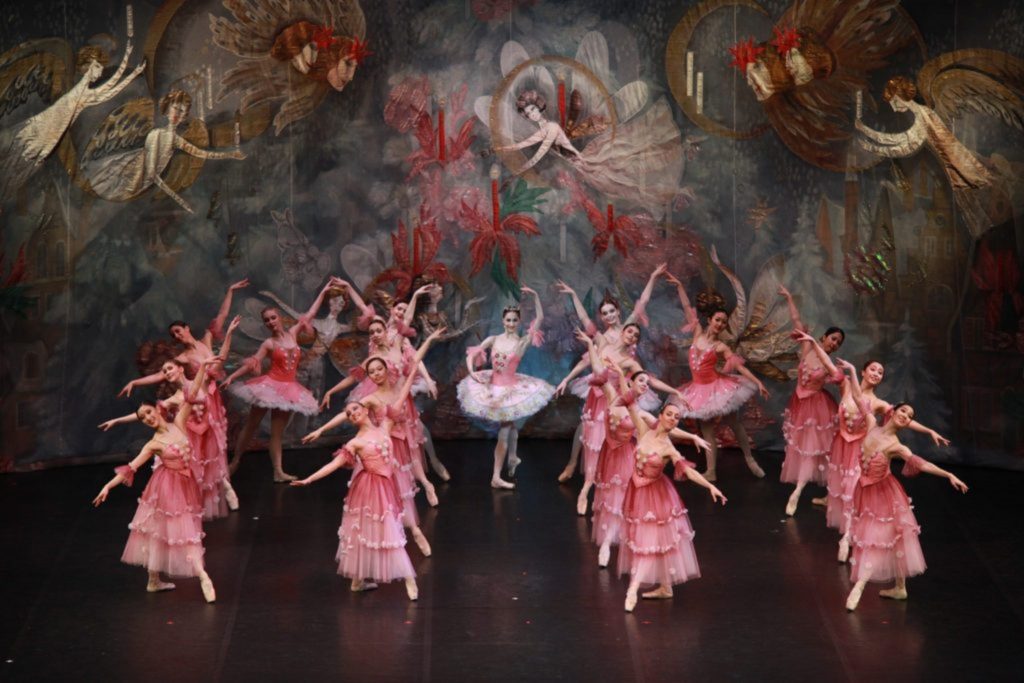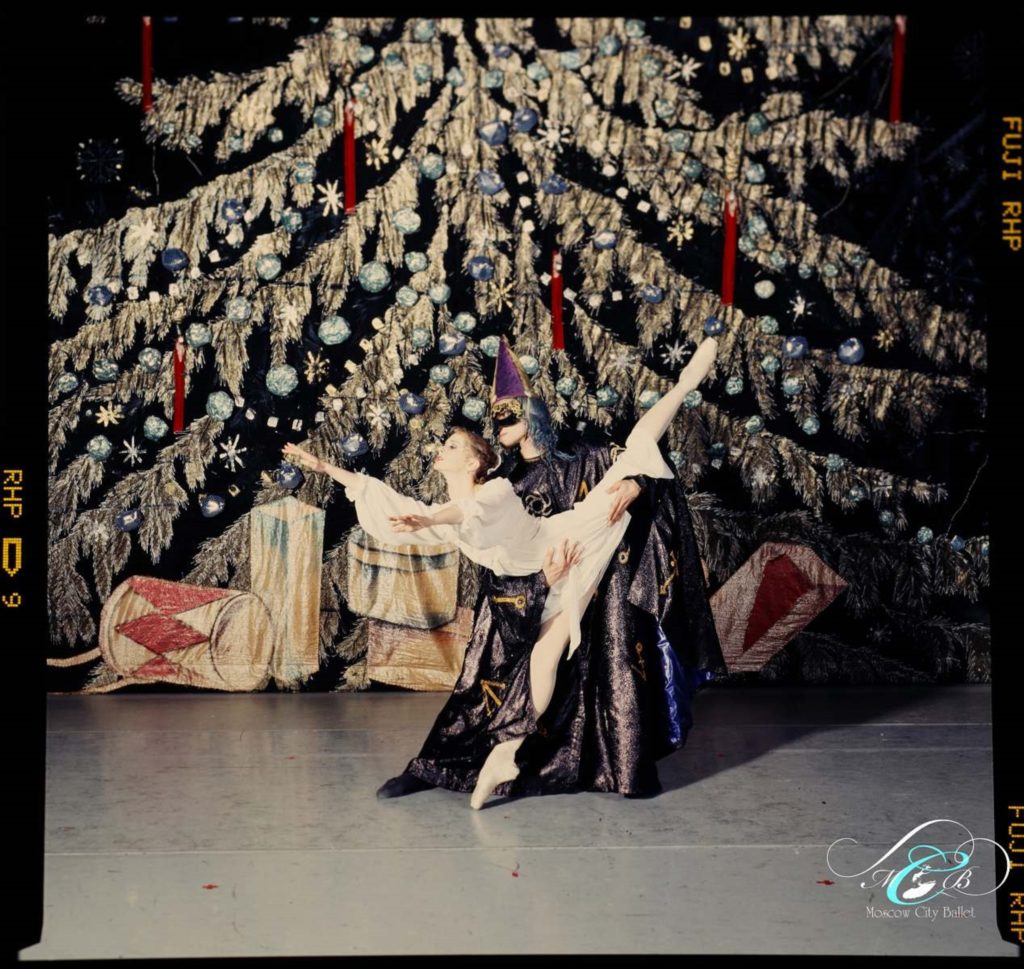
IT was a huge relief to find this admirable orchestra back at their spiritual home, their last outing not being a particularly rewarding experience. So, let’s begin this review with the performance of the seriously challenging Tchaikovsky Violin Concerto.
As we know, this great work hardly received the most welcoming of baptisms. The music critic Eduard Hanslick said that “the violin is no longer played; it is pulled, torn, shredded” and derided the concerto itself as “music that stinks”. Lovely.
Leopold Auer, who gave the first performance, had reservations about the idiomatic nature of the violin writing and the great Yehudi Menuhin cut 250 bars out of the score in one recording.
I don’t know if violinist Jacob George found the technical demands beyond the reasonable, but it sounded almost the opposite; the soloist seemed to positively relish the challenge and the performance was exhilarating.
Right from the opening recitative the soloist signalled intent: a fast rollercoaster drive with outrageously clean articulation – fierce pizzicato and razor-sharp attacks, swaggering spiccato, and the trills had a metallic, steel-like quality.
To be sure, the orchestra played their part with excellent string and woodwind playing. Lovely tone. The blistering movement closed with an outrageous cadenza. The impression was that of experiencing a high-velocity musical train ride recalling the wonderful themes along the way.
The central Canzonetta marks a transition from the virtuosic ridiculous to the song sublime. The performance glowed, the beauty quite simply irresistible. The movement is surely a tender song offering to his lover and former pupil Joseph Kotek. Tchaikovsky was intending to dedicate the work to him but decided it best to “avoid gossip of various kinds”.
I’d like to think that the snarling opening recitative of the Cossack finale is the great man’s response, but I think it unlikely. Anyhow it does trigger a hedonistic, vodka-soaked dash for the finishing line.
It was an impressive performance by the orchestra as well, the music being deceptively demanding, but it was Jacob George’s playing that stayed long in the memory.
Robert Schumann famously said that Beethoven’s 4th Symphony was “like a slender Greek maiden between two Norse giants”, and I feel the same way about his 8th Symphony. Apart from the fact that it doesn’t sound like an image of a “slender Greek maiden”, plus I’m not sure what one of them is anyway.
Hearing this work performed live reminds you how radical the 8th Symphony is on almost every level. Beethoven has once again inverted expectations: the huge symphonic landscape is dispensed in favour of concision – the second movement Allegretto scherzando is only four minutes long.

Formal contradictions too: there is no slow movement; almost primal energy; the first movement recapitulation is marked fore-fortissimo (fff). Loud enough to blow those aristocratic wigs off.
The forceful first movement opening, which happens to be the closing one too, was suitably explosive. It demanded attention. Standouts: the solo bassoon passage, ominous pulsating viola passage and that most dramatic, forceful recapitulation convincingly delivered by the bassoons, cellos and basses.
The short, rhythmically driven second movement was very good too. Woodwind staccato passages and extreme dynamic contrasts – fortissimo then suddenly pianissimo blocks of sound. Radical or what! And then the seductive Minuet, really well delivered.
I thought, perhaps understandably, that the finale sounded a little off the pace, a little tired. Having said that, the blistering signing off was unforgettable.
Handel’s Music for the Royal Fireworks was and remains a regal crowd pleaser. As this performance admirably demonstrated it is, quite simply, wonderful music. The opening extensive Ouverture simply bristled with military pomp and circumstance – festive, bright and confident.
The dotted rhythmic passages were cleanly articulated followed by snappy brass and string exchanges. The horns were a little off the mark, but the strings and trumpets in particular were excellent.
There was fine string and oboe plus bassoon playing in the Bourée. The Largo Alla Siciliana had a seductive perpetuo rocking motion. Then back to a fanfare for brass and timpani, finishing with two minuets concluding with stirring drum rolls and resounding brass. Splendid stuff.
This was an ambitious programme and a thoroughly enjoyable one too. Alan George brought the very best out of the players, directing the concert with clarity, insight and his usual musical authority.
I should really leave the review here, but I won’t. The concert interval was not only marked by the traditional Academy of St Olave’s hospitality of complimentary refreshments but also one accompanied by a charming brass fanfare.
The second half was prefaced by a touching tribute to the composer of the work, John Hastie, who had died in June. John was the musical director of the Academy of St Olave’s from 1997 to 2009 and founder of York Guildhall Orchestra.
John Hastie enriched the musical, cultural and educational life in York immeasurably. He was a very good composer too, his music, like the man, understated and impressive. I met him on a number of occasions and can honestly say that on each one I came away that little bit richer.
Review by Steve Crowther

